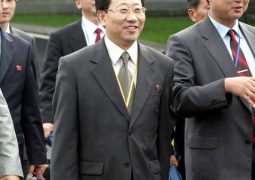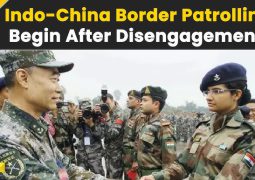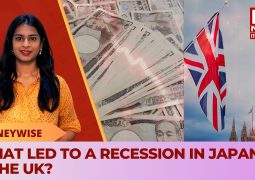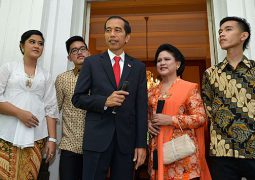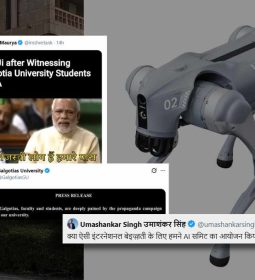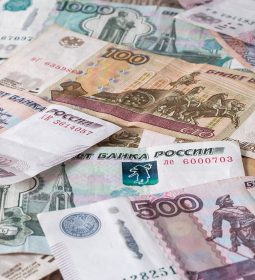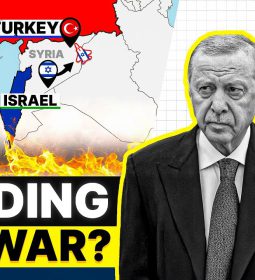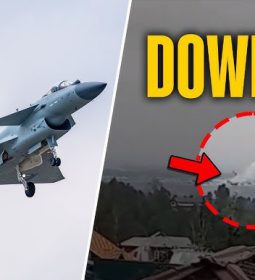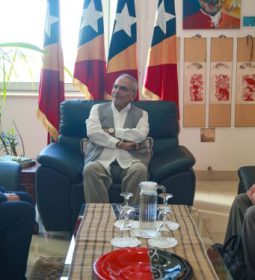South Korea’s Impossible Bargain: China Trade or U.S. Protection
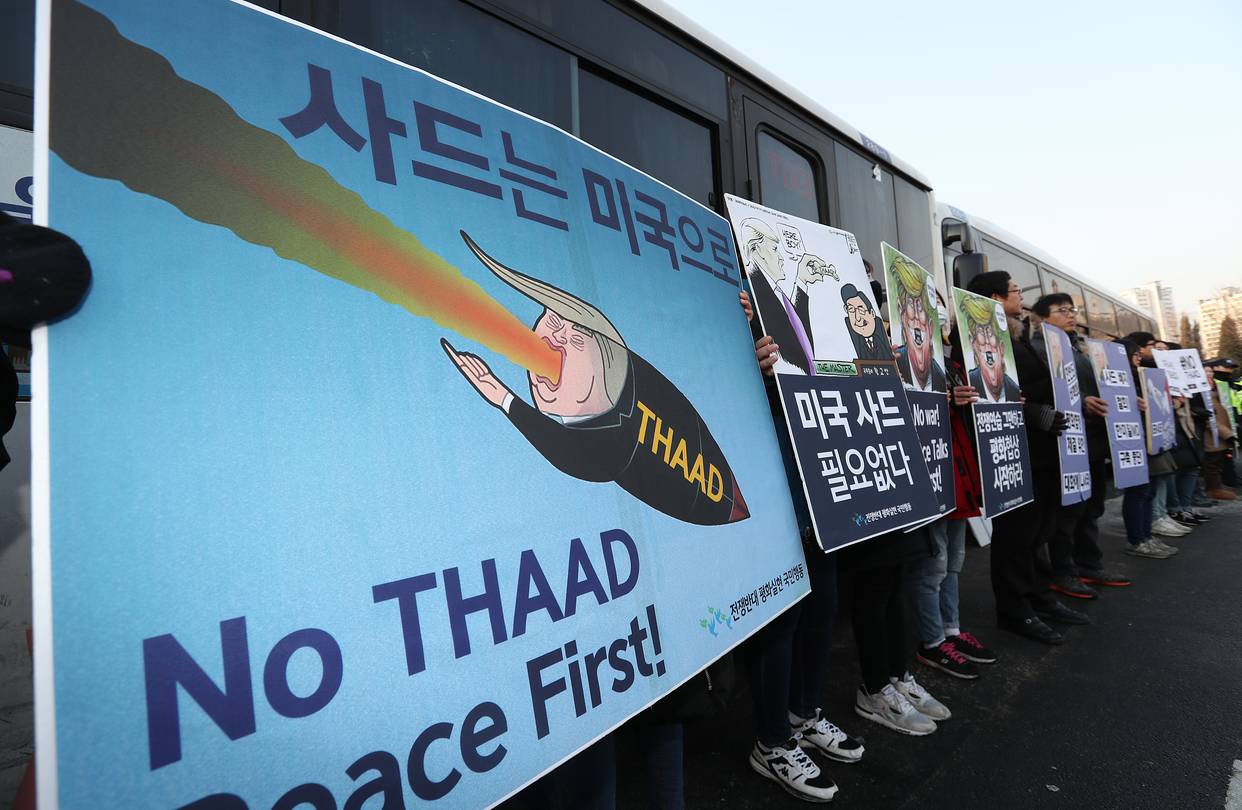
SEONGJU, South Korea—It is no small irony that U.S.-China rivalry at the outset of the Trump era is playing out on—of all places—a golf course hidden in pine-covered mountains around here.
Or that just weeks into his term, Donald Trump has already handed a crucial advantage to Beijing.
South Korea picked the golf retreat to host a U.S. antimissile system known as Terminal High Altitude Area Defense, or Thaad, under an agreement with Washington to counter a nuclear threat from North Korea. However, China fears the system’s radar will snoop on its own nuclear force, and is piling pressure on South Korea to abandon the shield.
Without announcing any formal sanctions or labeling their moves as reprisals, Chinese authorities have blocked shipments of South Korean cosmetics, squeezed tourist flows, turned away K-pop singers, and harassed the China operations of the golf course owner, Lotte group.
Though relatively mild, the measures remind South Korea of China’s power to disrupt its export-led economy. Thus Seoul is caught between its all-important defense alliance with the U.S. and burgeoning trade relations with China.
“It’s the South Korean nightmare,” says John Delury, a Chinese Studies professor at Seoul’s Yonsei University.
The implications for other U.S. partners in the region are just as alarming.
All rely on the U.S. for security but increasingly depend on exports to China for growth.
None wish to be forced into the choice that South Korea now faces: the U.S. or China, protection or prosperity.
South Korea ships one-quarter of its exports to China, Australia one-third. Taiwan’s economy would stall without the mainland’s vast markets for high-tech electronics. That makes the region highly susceptible to Chinese political pressure.
Moreover, China’s economy, while slowing, is still expanding four times as fast as America’s.
If China can bend South Korea to its will through economic coercion, it would send a chilling message to a region beset by new unpredictability.
North Korea is close to acquiring nuclear-tipped ballistic missiles able to strike its neighbors and reach as far as the U.S. West Coast.
Mr. Trump’s arrival in the White House at this volatile moment intensified a debate in capitals around the Asia-Pacific about how to balance between the U.S. and China. To worried Asian allies, his strident “America First” rhetoric suggested a retreat from Washington’s global commitments, even as his hawkish aides seemed to be spoiling for a fight with Beijing.
Although Mr. Trump’s friendly call with Chinese President Xi Jinping, followed by “golf diplomacy” with Japan’s Prime Minister Shinzo Abe in Florida, soothed some nerves, doubts remain.
U.S. friends and allies are dismayed by his decision to pull the U.S. out of the Trans-Pacific Partnership, a giant free-trade deal, ceding even more economic influence in the region to China, which is now promoting its own trade arrangements. Singapore leader Lee Hsien Loong told U.S. Sen. John McCain last year that if the U.S. abandoned the trade deal “You’re finished in Asia.”
In South Korea, meanwhile, public opposition to Thaad has exposed some of the fault lines in America’s relations with a key ally.
A steeply winding road to the Lotte golf course is festooned with protest banners: “Go Away Thaad!” “Send Thaad to the U.S.!”
A movement to block the deployment has united a hodgepodge of leftists, Won Buddhists (one of their most sacred shrines sits just off the fairways) and environmentalists concerned about the health effects of Thaad’s electromagnetic waves.
In a way that may surprise outsiders, the protesters worry much less about North Korea unleashing Armageddon than being stuck in the middle of a dust-up between the U.S. and China. “There will be a conflict. It’s inevitable—and all the damage will come to South Korea,” says activist leader Kim Jong-kyung.
How does he assess Mr. Trump? Unpredictable—“like a rugby ball,” Mr. Kim says. “You don’t know which way he’s going to bounce.”
Such sentiments resonate among the broader population, and have a hold on opposition politicians in Seoul. A recent survey by the Asan Institute, a Seoul-based think-tank, shows public opinion for and against Thaad evenly split. President Park Geun-hye, whose government agreed to the Thaad deal, is under impeachment and a likely successor, Moon Jae-in, wants to defer a decision on the deployment.
The wider question for the region is whether Mr. Trump’s America will remain a reliable, steady partner. Nobody wants to return to an ancient “tribute system” that Beijing seems anxious to restore in its backyard, with South Korea and Vietnam acting as Chinese vassals and more distant neighbors taking their place in a Sinocentric order.
Nor does the region desire confrontation between the world’s two largest economies. Mr. Moon told reporters recently that “the best scenario for us is when the U.S. and China get along well.”
Mr. Trump didn’t create the dilemma that South Korea and other partners now face, torn as they are between two great powers, but he’s made their choices starker.
—Min Sun Lee contributed to this article.
- Previous As Obesity Rises, Remote Pacific Islands Plan to Abandon Junk Food
- Next China’s Geely Plans Bid for Malaysian Car Maker Proton





